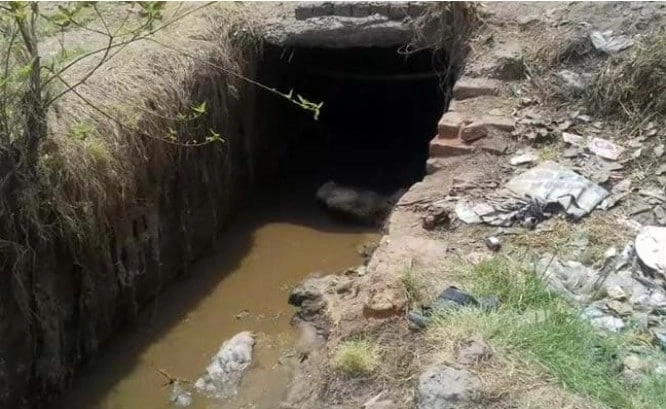Avantika Gupta is a dedicated teacher who has recently found herself at the center of a significant dispute involving her principal and local education officials in Uttar Pradesh (UP). Known for her commitment to education, Gupta has been a prominent figure in the local school community, where she has worked tirelessly to enhance the learning experience for her students. Her approach to teaching, which emphasizes creativity and critical thinking, has earned her respect among colleagues and parents alike. However, her innovative methods have also drawn the attention of authorities, resulting in a contentious situation that has sparked widespread debate in the educational sector of the region.
The dispute began when Gupta’s teaching style and methodologies were called into question by her principal, who reportedly believed that her methods did not align with the school’s traditional curriculum. This disagreement escalated, drawing in education officials who weighed in on the matter, leading to a public confrontation that has highlighted the challenges faced by teachers in UP. The situation has raised important questions about the autonomy of educators, the rigidity of educational policies, and the need for a more supportive environment for innovative teaching practices. As the controversy unfolds, it serves as a reminder of the complexities involved in the educational system, where the clash between progressive teaching methods and traditional standards can create tensions.
Community members have rallied around Gupta, expressing their support for her teaching philosophy and advocating for the need to embrace modern educational practices. Parents and students have spoken out, highlighting the positive impact that Gupta has had on their learning experiences. They argue that her methods not only engage students but also prepare them for the challenges of the future. This growing grassroots support indicates a shifting perspective among parents and educators who are increasingly recognizing the value of innovative teaching approaches in fostering student success. As the situation develops, it will be crucial to monitor how it influences broader discussions about educational reform in Uttar Pradesh and beyond.
Ultimately, Avantika Gupta’s case exemplifies the ongoing struggle within the educational landscape to balance traditional values with the need for innovation. It highlights the critical role that teachers play not only in imparting knowledge but also in shaping the future of education. As stakeholders continue to navigate this dispute, it is essential to foster an environment where teachers like Gupta can thrive, ensuring that they are supported in their efforts to inspire and educate the next generation. The outcome of this conflict may set a precedent for how similar disputes are handled in the future, potentially leading to significant changes in educational policies and practices across the region.




